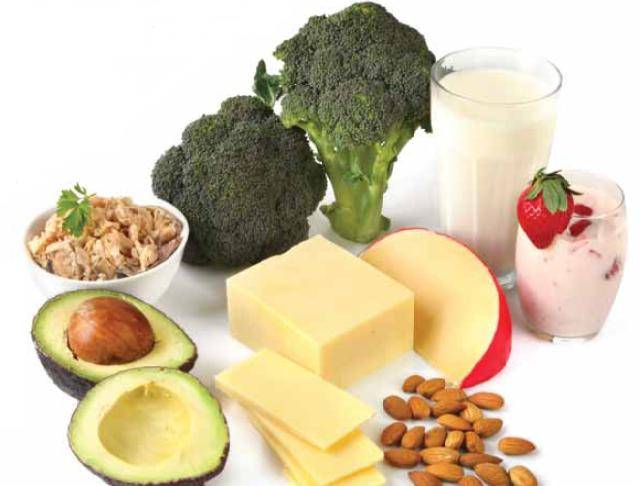
The importance of calcium
The calcium and vitamin D3 deficiencies leads to rickets in childhood, osteopenia in adulthood and osteoporosis, especially in women, at the ripe old age and at the beginning of menopause.
Rickets is due to inadequate bone mineralization in growth.
The osteopenia is a decrease in bone mineral density that leads to osteoporosis. Osteoporosis is when the amount of bone mass decreases substantially, giving a lace like and hollow aspect to the bones.
Calcium is important to prevent bone problems and to maintain good health of bones and teeth. But calcium is also important for proper brain functioning, muscle contraction, nerve impulses transmission and blood clotting.
During childhood, pregnancy and breastfeeding, there is an increased need for calcium. However, the fixing of calcium depends on Vitamin D3, usually acquired through skin exposure to sunlight. That's why when we ingest calcium as a food supplement we should also associate a supplement of vitamin D3, or verify that the calcium supplement already includes this vitamin.
Calcium rich foods are dairy products (milk, yogurt and cheese); vegetables (mainly dark green leaf), such as spinach, turnip, broccoli, cabbage, asparagus, Brussels-sprouts, green beans, zucchini and mushrooms; aromatic herbs, such as mint, sweet basil, cinnamon, rosemary, oregano, parsley and thyme; foods such tofu, oranges and orange juice, avocado, salmon, almonds, algae, cereals and grains and molasses.